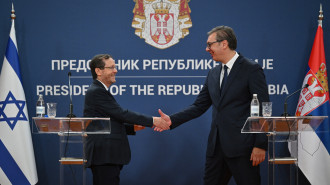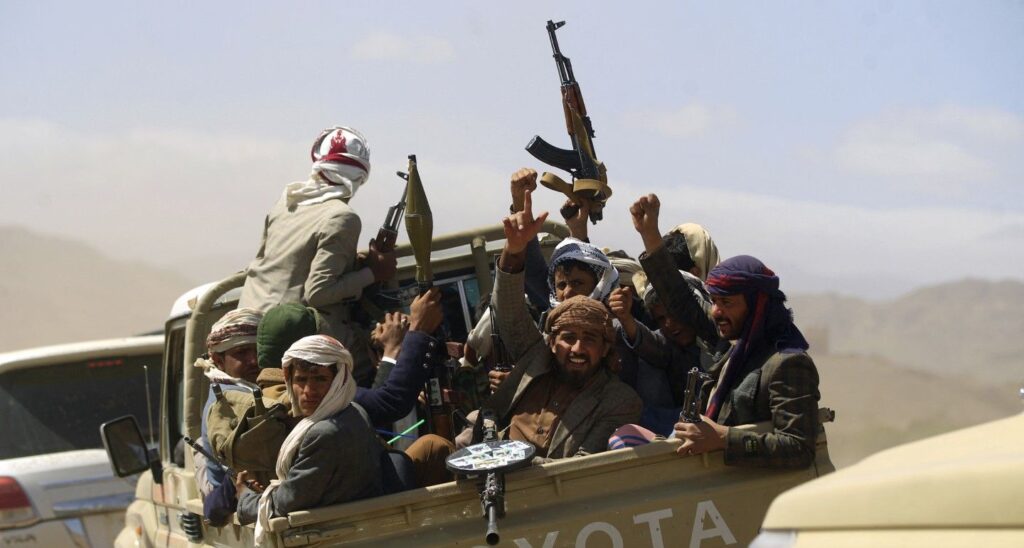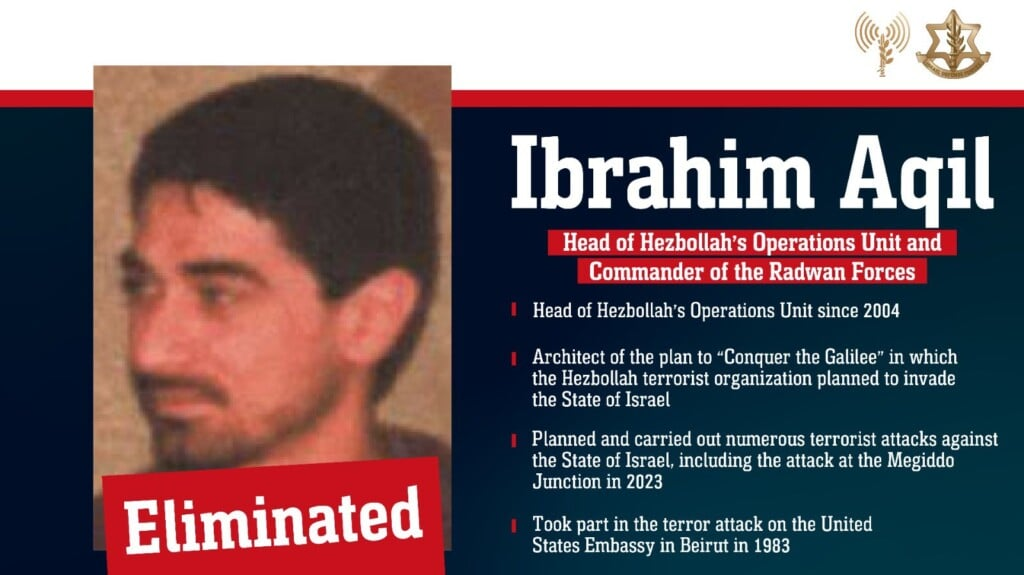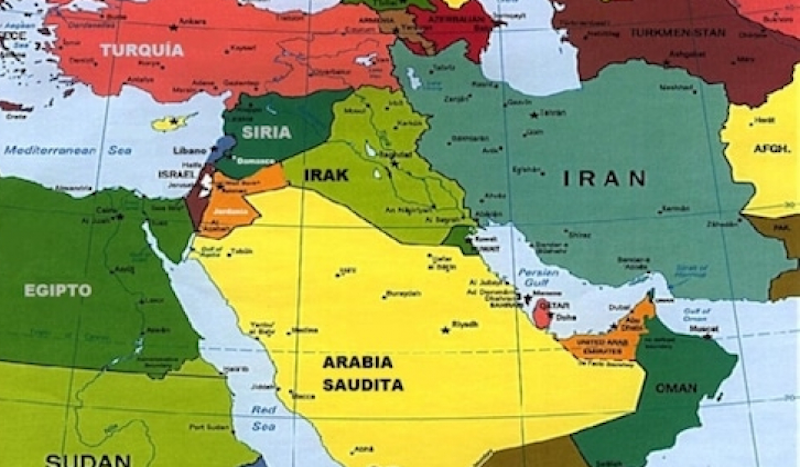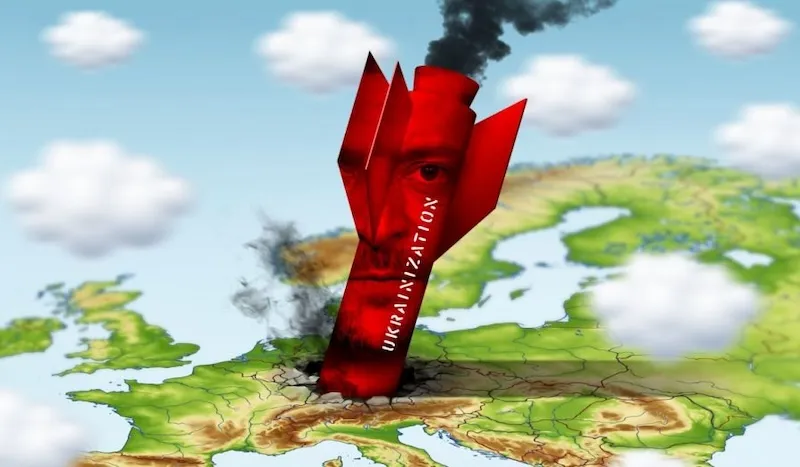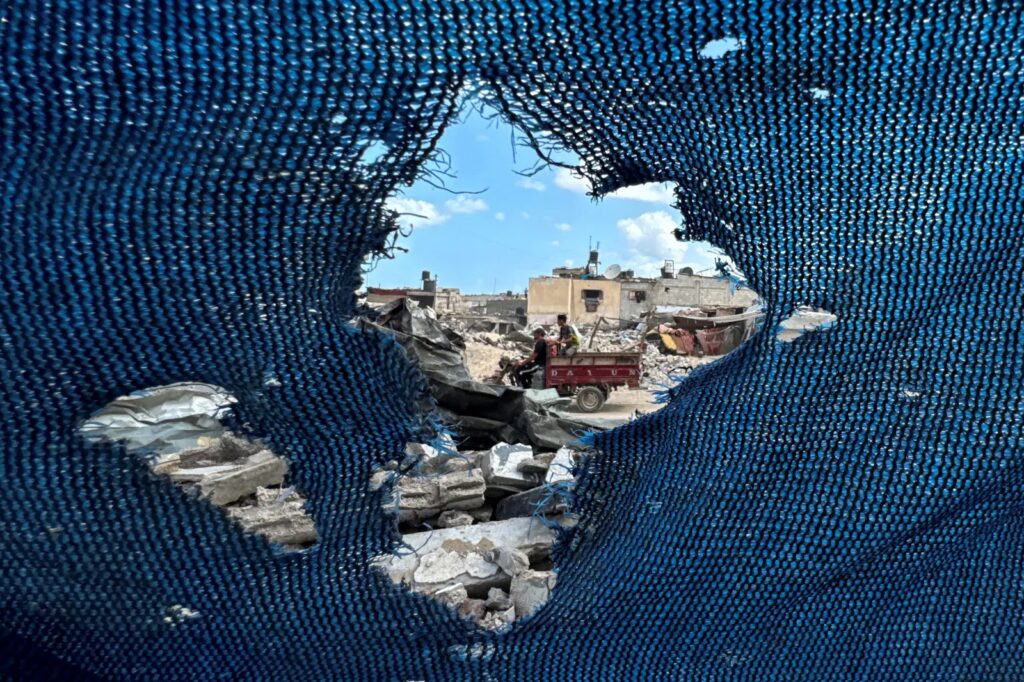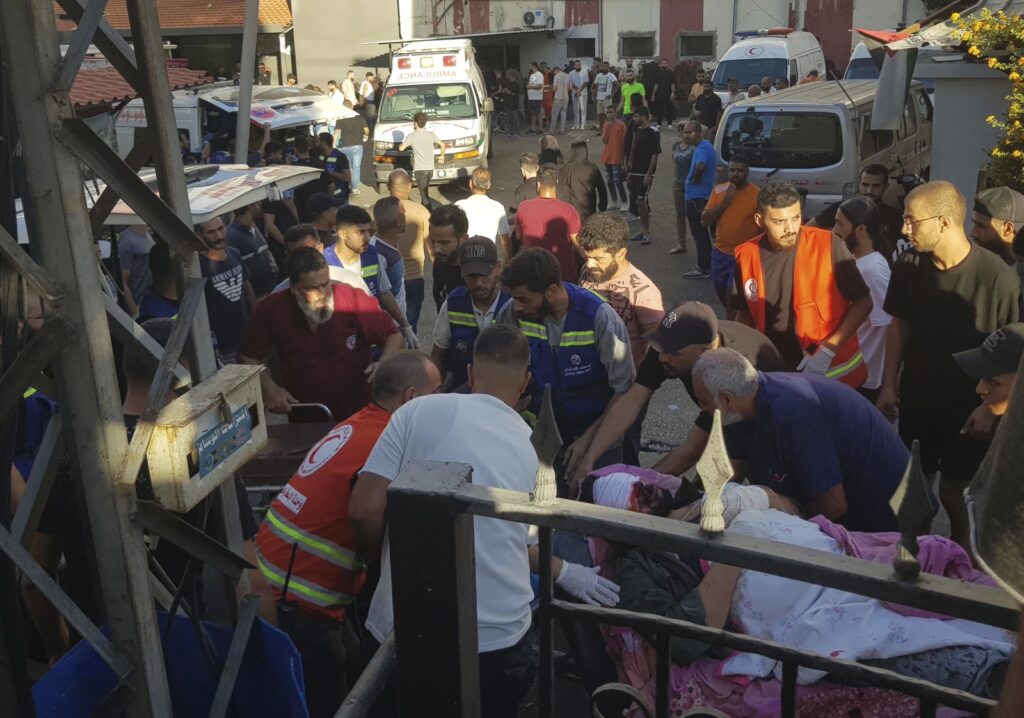Where is Afghanistan Three Years into Taliban Rule?
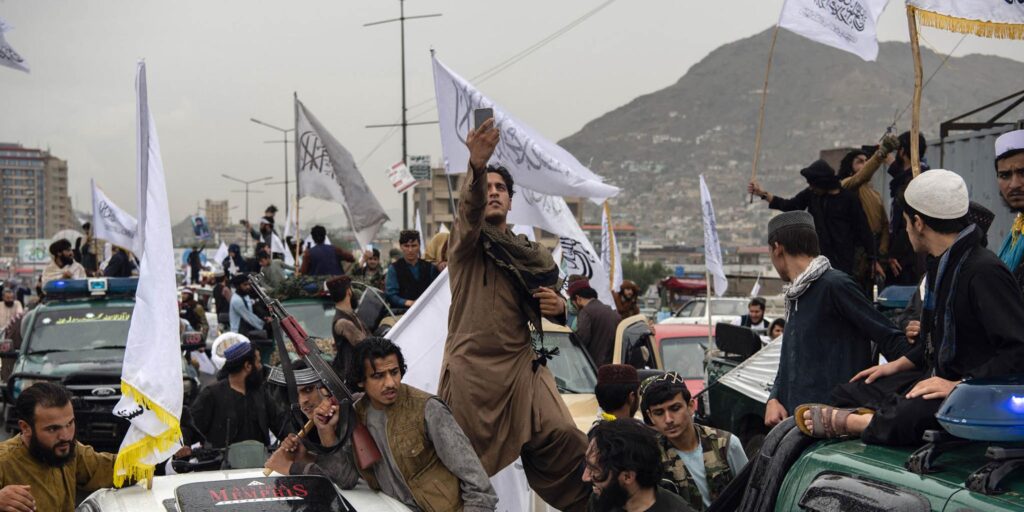
KEY TAKEAWAYS
- Afghanistan has a façade of domestic stability, with armed conflict decreasing since the U.S. withdrawal.
- But dire economic, humanitarian and human rights conditions and Taliban violence build pressure on the population.
- The international community remains vexed over how to engage the Taliban.
Lacking formal recognition from all member states, the Taliban will not be present at the U.N. General Assembly next week. Their absence speaks volumes about how the international community struggles to constrain a regime that has repeatedly defied U.N. treaties, sanctions and Security Council resolutions. Three years into Taliban rule, the Afghan people are beset by a host of human rights, economic and humanitarian challenges, with women and girls particularly impacted. Meanwhile, the international community still has no clear approach to dealing with the Taliban, with the regime rejecting a U.N. Security Council resolution calling for a special envoy to develop a roadmap for normalizing Afghanistan’s relations with the international community.

